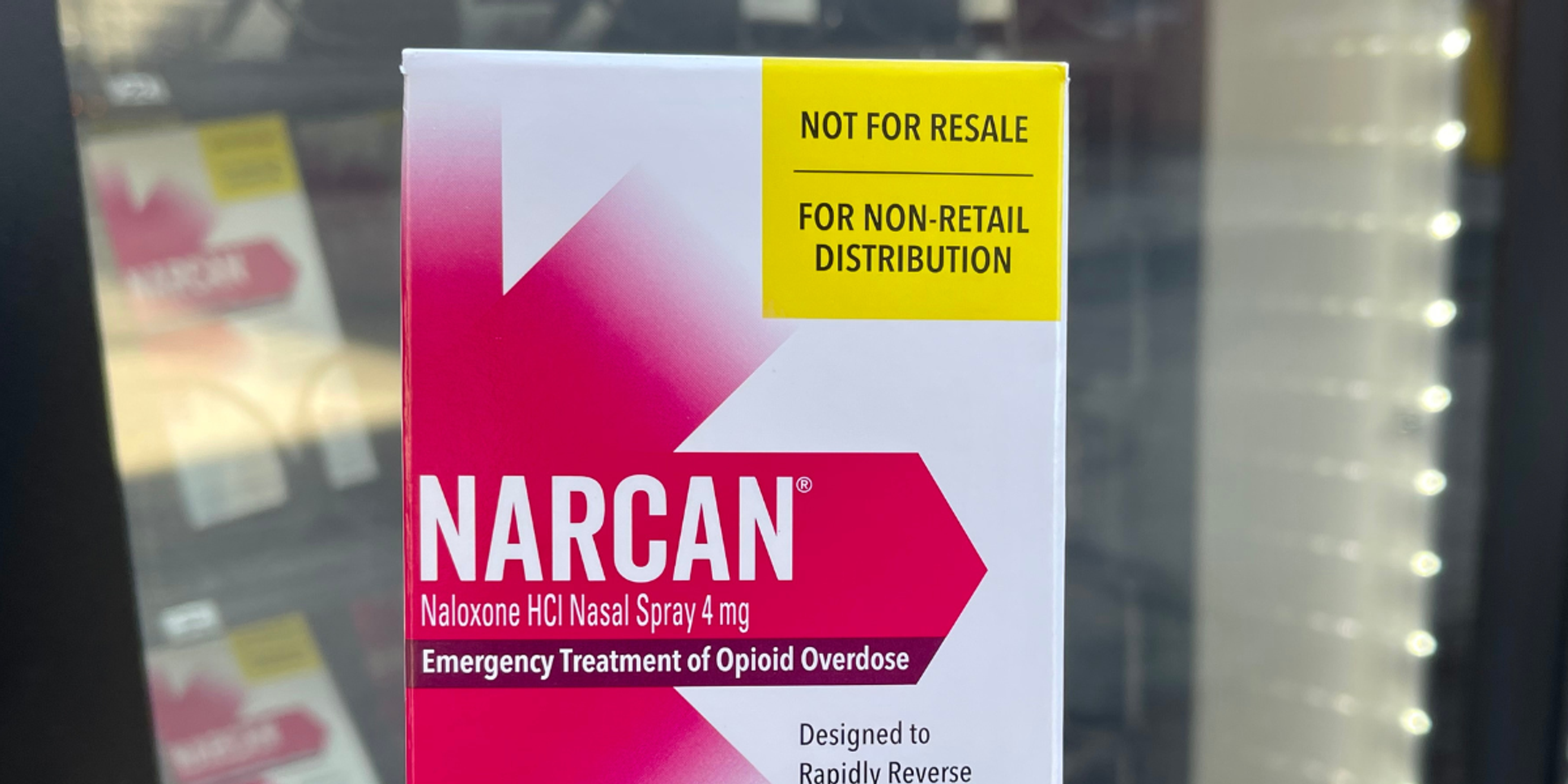
When a traumatic event threatens a person’s life, their minds begin to react differently to every life experience. Their brain function and central nervous system are altered. Their core values are challenged. Beliefs about safety, self-worth and even the meaning of life can come into question. When we see or endure something traumatic, the importance of safety and reassurance becomes necessary for long-term well-being. The trauma associated with a tragic, isolated event can instill a sense of shock in us and can make us feel unsafe for years, to the point that relaxing at any given moment becomes difficult. The Trauma-Informed Care in Behavioral Health Services manual, published in 2014, found that indicators of severe responses to trauma include continuous distress without periods of relative calm or rest, severe dissociation symptoms, and intense intrusive recollections that continue despite a return to safety. Perception of safety can be eroded in people who have experienced a traumatic event. Some people, the manual states, never return to their previous belief systems after a trauma, nor do they find a way to rework them, thus leading to a worldview that life is unsafe. But our brains can heal from trauma. Much like we turn to physical therapy when we break a bone or tear a ligament in our body, treatment can help us manage symptoms. Still, there isn’t one pathway to recovery for people who have experienced trauma. The journey to reclaim safety is not linear and different people respond to different methods of healing. Trauma survivors tend to feel ashamed of their stress reactions, which can further hamper their ability to use their support systems and resources adequately. Self-care tips are available to those who have endured trauma.
- Give yourself time: Try not to pressure yourself into feeling better right away.
- Avoid spending too much time alone/Rely on support systems: Spend time with others, even if you don’t feel like talking. Try to find safety and comfort in the presence of family and friends.
- Return to a routine: After a traumatic event, you may find your eating and exercise habits get thrown off. Try to get back to your normal routine, including your sleep schedule.
- Notice how you’re feeling: For the first few weeks or months after a traumatic event, try to take stock in how you are feeling. If you don’t feel like you are improving, consider consulting a mental health professional.
- Avoid consuming too much media about the event: It can be tempting to keep reading and watching coverage of a traumatic event you were involved in, but it’s best to avoid watching, listening, or reading too much media related to the event.
- Join support group: Discussing an event with people who can relate can help uplift your spirits. Consult with your doctor or mental health professional to direct you toward an applicable support group if you cannot find one online.
Learn more about mental health and options you have as a Blue Cross Blue Shield of Michigan or Blue Care Network member to seek help at bcbsm.com/mentalhealth. Photo credit: Getty Images Keep reading:





